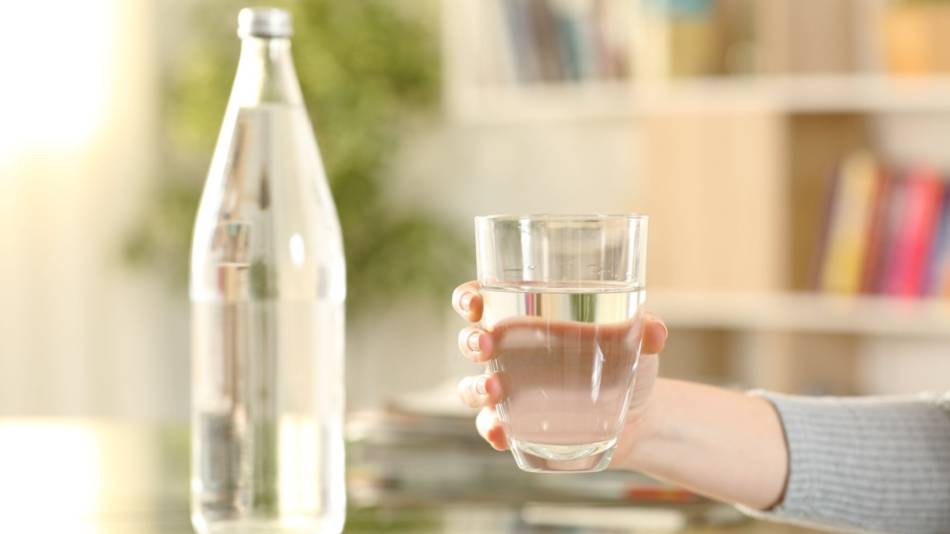
Answer:
Some people consider bottled water to be a favorable alternative to tap water based on its convenience, preferred taste, and perceived health benefit. Certainly in situations where there is a known problem with local tap water — such as excessive lead — bottled or filtered water is preferred. In fact, bottled water must meet stricter limits for lead content compared to tap water (5 ppb vs 15 ppb) (FDA, 4/22/2022; EPA, 10/22/2024). Tap water is also more likely to contain higher levels of chlorine than bottled waters, and chlorine is a taste issue for many consumers. However, some other perceived benefits of bottled water are not well supported by research, and some bottled water may be more likely to adversely affect oral health compared to tap water, as discussed below.
Sign in as a member for details about whether bottled water (including distilled water) tastes better than tap water, including a comparison of the mineral content of bottled still and sparkling water compared to tap water, acidity of bottled vs tap water, and microplastics and PFAS in bottled and tap water.
Join today to unlock all member benefits including full access to all CL Answers and over 1,400 reviews.
Join NowAlready a member? Sign In Here.
Join now at www.consumerlab.com/join/

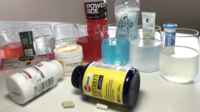
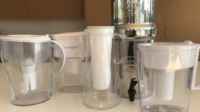
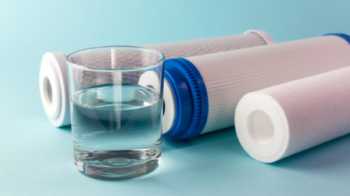
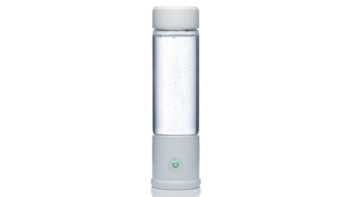
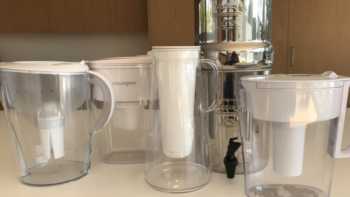
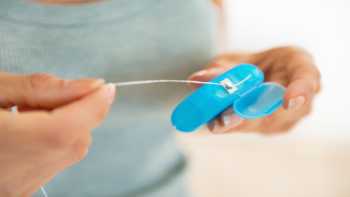
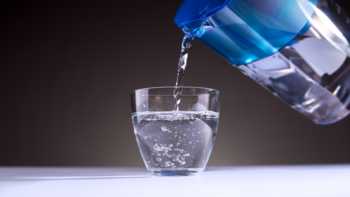
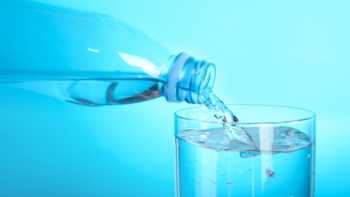





Submit your comment
This feature is restricted to active members.
Join now to add comments and get all member benefits, including over 1,400 reviews.
Join NowAlready a member? Sign in here.